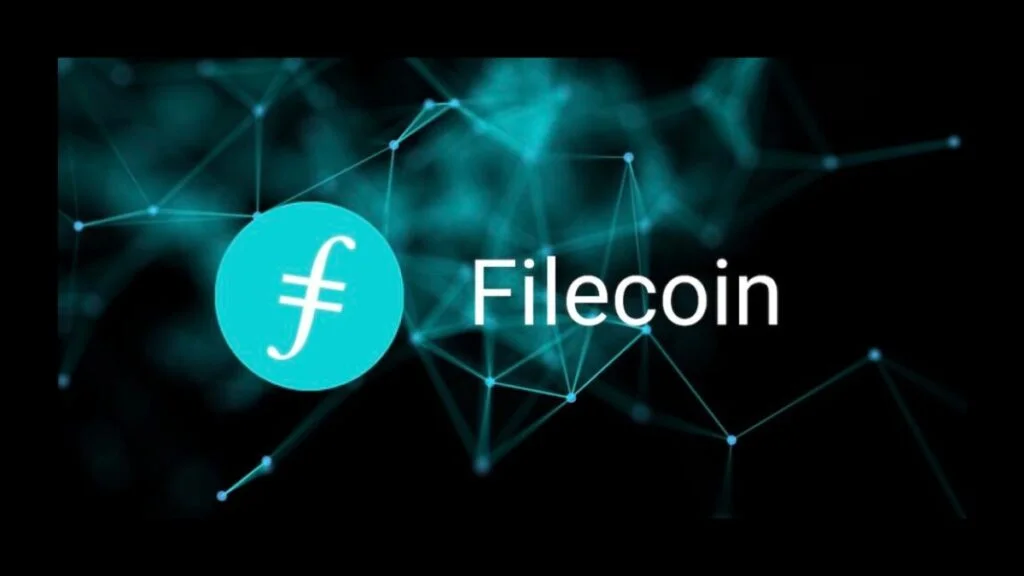Filecoin launches Web3 data storage solution. The free storage tool aims to address the drawbacks of conventional storage solutions.

A project to use verifiably clean energy to power Web3 technology has been led by Filecoin Green, a Protocol Lab endeavour to lessen Filecoin’s environmental effect and make Filecoin verifiably sustainable.
The startup intends to address the drawbacks of conventional carbon storage solutions by “marrying blockchain’s granular tracking functionality with the information-sharing infrastructure of Web3,” according to the statement.
To enable transparency for carbon offsets, address traditional storage options for all forms of digital environmental assets, and handle renewable energy credits, Filecoin Green introduced CO2.Storage, a Web3 data storage solution.
Filecoin Green announced that as part of the campaign, it has collaborated with several businesses engaged in the tokenization of carbon offsets, including Toucan, Thallo, Ripple, the HBAR Foundation, Envision Blockchain, Return Protocol, and Gainforest.
To provide a transparent system for carbon credits, the data storage solution will allow providers of carbon credits to specify their data schemas and store this data using content-addressing on Filecoin and Interplanetary File System (IPFS).
As traditional companies and regulatory agencies start to see blockchain technology as a feasible route to lowering carbon emissions, the question of carbon emissions and carbon credits has grown in prominence.
At the Middle East and North Africa Climate Week in 2021, the United Nations Environment Programme and other governing agencies gathered to discuss blockchain’s possibilities for combating climate change.
According to a research from August 10, companies in the cryptocurrency industry are also seeking to strengthen the ecosystem through tokenized carbon credits, blockchains that are carbon neutral, and donations to carbon abatement initiatives that are monitored on the blockchain.
A few blockchain businesses are also speaking out; in April 2022, Algorand declared that its blockchain was completely carbon neutral, while in September 2022, Ethereum switched to the energy-efficient proof of stake protocol, which reduced its energy use by 99.9%.
